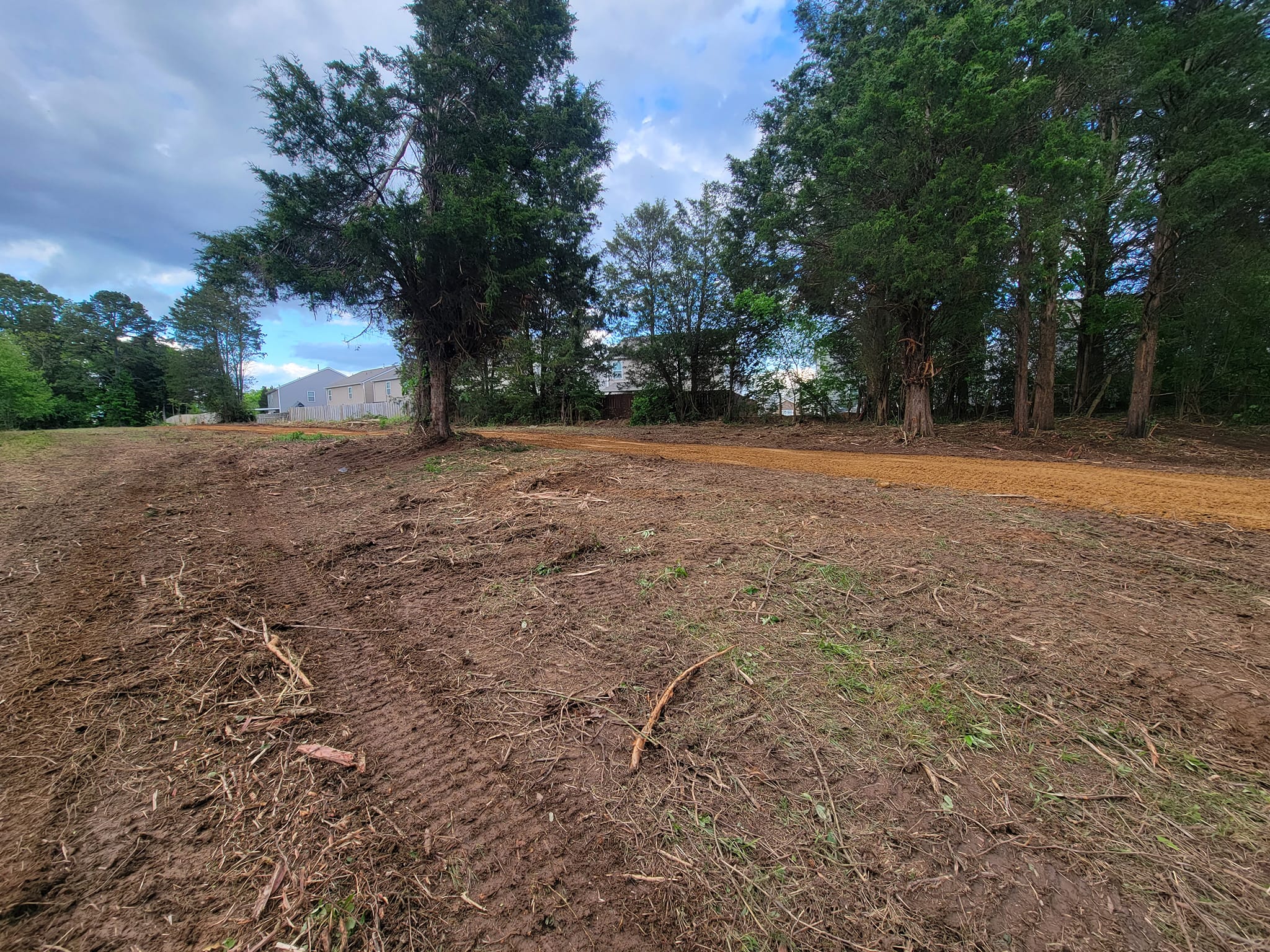
The Future of Excavation: Sustainable Practices and Innovations in Earthmoving Nov 13, 2025
Excavation plays a crucial role in the construction sector, shaping the very foundation of any project. However, it traditionally requires significant resources, energy, and can have adverse environmental effects. This makes sustainability an impactful goal for any forward-thinking company. The future of excavation lies in integrating sustainable practices with technological advancements.
A key innovation in sustainable excavation is the move towards using eco-friendly equipment. Future-focused companies are increasingly adopting machinery powered by electricity or hybrid systems, which drastically reduce emissions compared to traditional diesel-powered equipment. These machines not only contribute to lower pollution levels but also operate more quietly, which can benefit urban construction sites by minimizing noise pollution.
Moreover, advancements in robotics and automation are setting new benchmarks for efficiency and precision in excavation services. Automated machinery can work continuously without the need for breaks, dramatically improving project timelines. Drones are also increasingly used for site surveying and monitoring. They provide high-resolution images and data that aid in planning and ensuring the accuracy of excavation projects. This technology helps minimize errors, reduce waste, and optimize resource use, aligning perfectly with sustainable goals.
While the equipment is crucial, sustainable excavation practices also involve new methodologies in project planning and execution. Implementing strategies like Building Information Modeling (BIM) allows for more precise planning and simulation. It helps in visualizing the entire lifecycle of the project, from conception through to demolition and recycling. This level of detail ensures that excavation and construction processes are planned in the most efficient way possible, minimizing waste and unnecessary excavation activities.
Another important aspect of sustainable excavation is soil preservation. Techniques such as topsoil stripping and preservation help maintain the integrity of the soil's fertility and structure, allowing it to be reused effectively once construction is complete. In addition, the use of recycled materials from demolished structures in new projects helps to diminish the demand for new resources, further enhancing sustainability.
Carter’s Grading Services, along with other industry leaders, acknowledges the value of investing in employee training and education on sustainable practices. By equipping their workforce with the knowledge and skills to employ these innovative methods, companies ensure a tangible shift toward sustainability at the ground level.
The future of earthmoving is undoubtedly geared toward sustainability and innovation. Companies that embrace these advancements not only benefit from improved efficiency and project outcomes but also significantly reduce their environmental footprint. As an epitome of innovation in the excavating world, Carter’s Grading Services continues to lead by example, showing that it is possible to meet construction needs while prioritizing our planet’s health.
In conclusion, the shift to sustainable practices in excavation is transforming the way companies operate, paving the path for a greener future. As technology advances, earthmoving services must adapt and adopt these sustainable methodologies to enhance their projects and contribute positively to environmental conservation. With continual effort and dedication, the future of excavation is not just about moving the earth, but changing the world for the better.
/filters:no_upscale()/media/8b357a1a-035f-40fe-b0ff-58adc03fcc90.jpg)
/filters:no_upscale()/filters:format(webp)/media/06c25902-cf9d-4668-92b0-34a5b1860695.jpg)